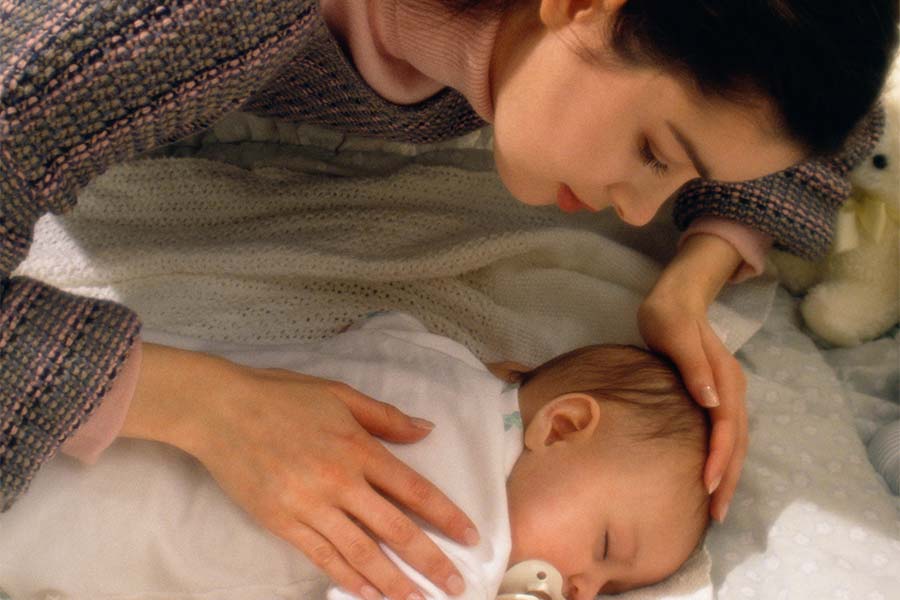Does sleep training affect parent-infant attachment?

Let me get straight to the point. Secure attachment and attachment parenting are not the same thing.
According to Alan Sroufe, a developmental psychologist at the University of Minnesota’s Institute for Child Development, attachment is “a relationship in the service of a baby’s emotion regulation and exploration. It is the deep, abiding confidence a baby has in the availability and responsiveness of the caregiver”.
Attachment parenting, on the other hand, is a parenting approach developed by Drs. Martha and William Sears who advocate for baby-wearing, bed sharing, breastfeeding on demand and responding immediately to fussy babies.
However, the Sears’ idea of attachment parenting has not been scientifically linked to a secure attachment outcome. And it’s easy to see how parents who are not aware of the distinction could come to the conclusion that helping their babies learn to sleep independently would damage their “attachment”.
But again, attachment theory and attachment parenting are in no way related to each other.
Babies with a secure attachment have developed a strong emotional connection with their caregiver and a feeling of safety. They tend to become distressed when separated from their caregivers, but respond positively when they return.
Insecure attachment, on the contrary, is characterized by a lack of trust and a lack of a secure base presumably because the caregiver has responded to previous displays of distress and negative emotion in negative ways.
When I first meet with parents during our discovery calls, I am always honest about the fact that even the gentle sleep training methods that I stand for usually involve some crying and protest on the part of the baby. And I fully understand how challenging it can be to allow your baby to cry, even if you’re nearby offering comfort and support.
As Magda Gerber, world-renowned child therapist and infant specialist said, “An anxious and irritated parent will most likely do what brings the fastest relief – give the breast or bottle. The baby almost always accepts it, calms down and often falls asleep. Of course, this is the right solution if the baby is hungry. However, if the baby has other needs (for instance being tired or having pain), she will learn to expect food in response to these other needs, and grasp the breast or bottle even though she is not hungry.”
I wholeheartedly encourage you to respond to your baby’s cries if and when they occur to ensure that all of their physical, emotional and cognitive needs are met. By working together, we can make sure that the only reason they are crying is that they still don’t know how to fall asleep independently. And you will be there to support and encourage them as they learn this new skill.
Your baby’s secure attachment bond with you is the product of consistent, reliable parenting and loving reassurance. And all of the methods and strategies that I teach families are perfectly in line with this and backed by scientific research.
In short, proper sleep training is perfectly safe and healthy in a loving environment and can actually promote secure attachment. It can also help parents understand their child’s needs.
– Sara




